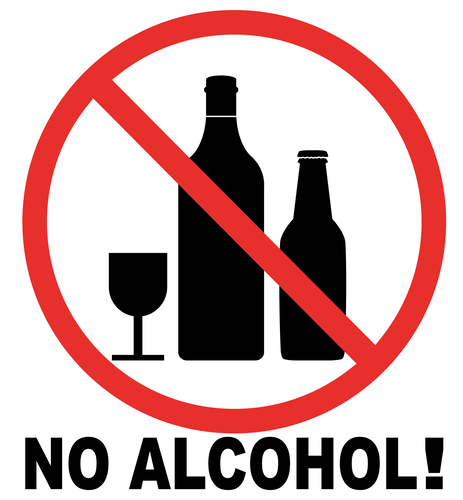You don’t need to be religious to attend or benefit from Twelve Step support groups. While Alcoholics Anonymous embraces people from all different faith traditions and spiritual beliefs, atheists are just as welcome. What’s important is that you accept the idea that you are not the center of the universe. The AA concept of “higher power” doesn’t need to be interpreted as God. Your higher power could be the fellowship of Alcoholics Anonymous, love, family, nature or positive energy.
Common Questions about Twelve Step Recovery Programs
The shared approach helps your motivation and commitment, with regular attendance at meetings, often with support of a sponsor. Some people don’t identify as being spiritual or believing in a higher power and may find it more comfortable to join a mutual support group that doesn’t have a spiritual foundation https://businesstribuneonline.com/top-5-advantages-of-staying-in-a-sober-living-house/ like SMART Recovery. The original 12 Steps of AA encourage a spiritual path to recovery that is not necessarily affiliated with a particular religion. Terms such as “God” or “Higher Power” may be used in the recovery process, while leaving each individual to define what those terms mean.

Origin and History of 12-Step Programs
However, it’s essential to consider that success in recovery can be subjective and varies greatly from person to person. Moreover, the spiritual aspect of these programs can be a source of inner peace and strength. While the concept of a higher power is open to individual interpretation, this element encourages you to look beyond yourself for support and guidance. Many find this spiritual exploration to be a cornerstone of their recovery, helping them find meaning beyond their addiction. Another pivotal principle is the commitment to personal accountability and restitution.
- As you navigate the roadmap to sobriety, understanding where 12-Step programs are heading is crucial.
- Some people participate in one group, while others may choose to participate in multiple 12-Step programs to address other addictions or behaviors.
- If you are seeking drug and alcohol related addiction rehab for yourself or a loved one, the SoberNation.com hotline is a confidential and convenient solution.
- ‘God’ in the 12 Steps absolutely does not have to be a religious entity.
- Visit websites, read up on the principles and testimonials, and perhaps attend a few open meetings to gauge the atmosphere and philosophy.
History of the 12 Steps of Recovery.

Wilson was the first person whom Smith helped recover from alcohol use disorder. While participating in the 12 steps of recovery can be beneficial for many people, consider the advantages and disadvantages of these programs before you decide if this approach is right for you. While the 12 steps in use today are based on the same ideas written by the founders of AA in the 1930s, the understanding of the term “God” has since broadened to refer to any “higher power” that a person believes in.
- Digital technology plays a significant role, providing new avenues for meetings and support that transcend geographical boundaries.
- Another significant benefit is the structured approach to personal growth.
- While it’s true that the 12 Steps were originally based on the principles of a spiritual organization, the world isn’t the same as it was in 1935 when AA and the 12 Step program were founded.
- According to demographic surveys, the average age of an NA member is 48, and 74 percent of members are Caucasian.
- Many people in the early stages of recovery attend meetings multiple times per week, although attendance often is not required.
Find a meeting

Meetings often are held in public facilities such as schools, churches or community centers. They offer a forum for individuals to share their story, including past struggles and triumphs, with those in similar situations. The goal is to help members experience a spiritual awakening, a phrase used by Alcoholics Anonymous to describe the personality change required to overcome addiction. Critics cite studies suggesting that these programs might not have a significantly higher success rate compared to other treatment modalities.
Question About Treatment
Sponsors also help individuals better understand their past mistakes, yet they do not impose their personal views on the people they support. For decades, countless individuals have used 12-step meetings to recover from substance use problems. In many instances, participants overcome their problems and become Sober House healthy, productive community members. A small, older 2008 study looked at the effectiveness of peer support groups in addiction recovery. The findings suggested that these groups might have a significant positive influence. American Addiction Centers has rehab facilities scattered across the United States.
